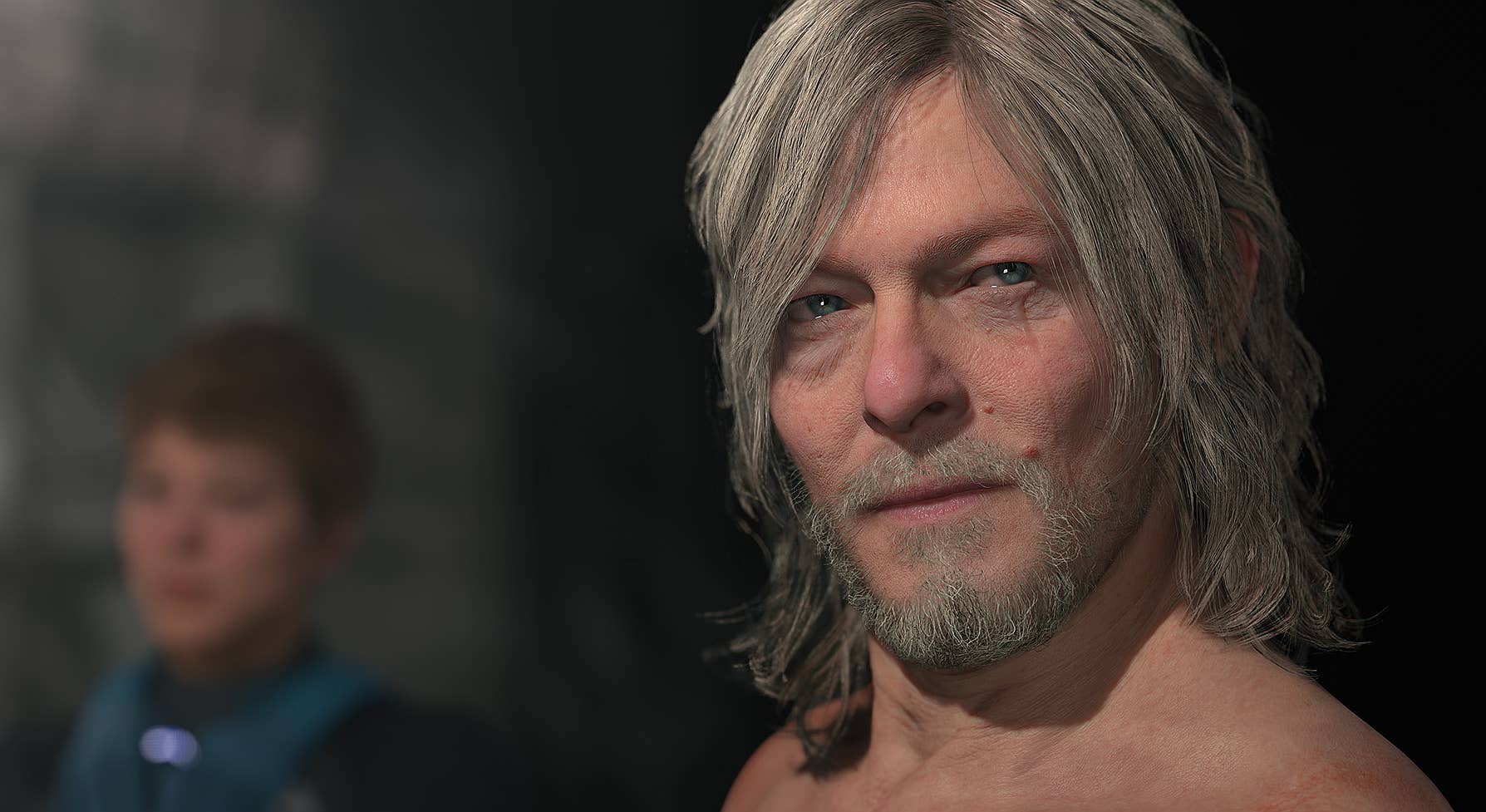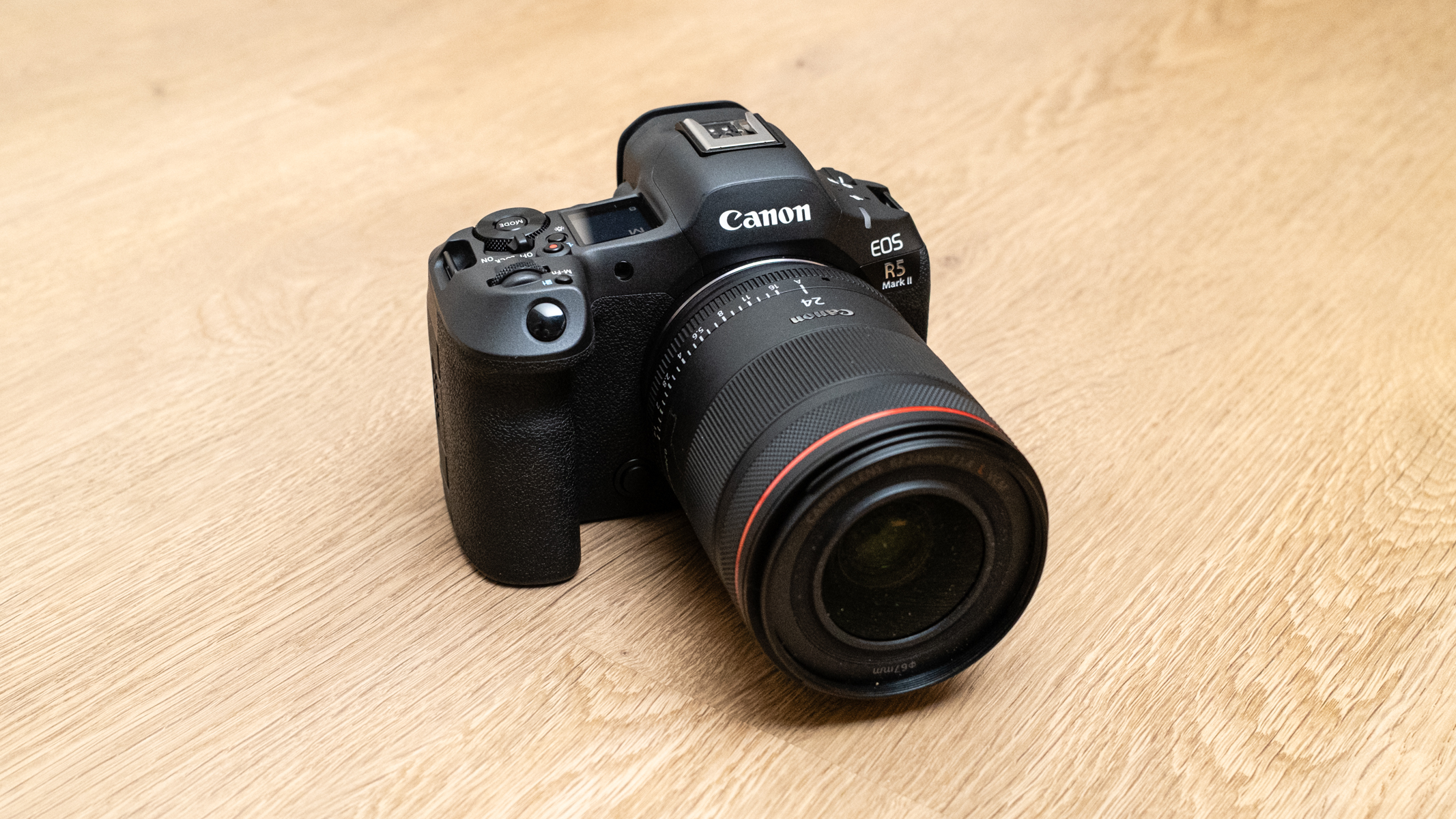Tatsuya Tanaka transforms Muji products into miniature dioramas
Photographer Tatsuya Tanaka used everyday objects like staplers and soap dispensers from Japanese design brand Muji to create a series of tiny artworks, on display as part of NYCxDesign 2025. Tanaka is known for his miniature artworks based on the Japanese concept of "mitate", which involves reframing objects in an alternative context so that they The post Tatsuya Tanaka transforms Muji products into miniature dioramas appeared first on Dezeen.


Photographer Tatsuya Tanaka used everyday objects like staplers and soap dispensers from Japanese design brand Muji to create a series of tiny artworks, on display as part of NYCxDesign 2025.
Tanaka is known for his miniature artworks based on the Japanese concept of "mitate", which involves reframing objects in an alternative context so that they take on a new meaning.

The New York stop of his travelling exhibition Small Muji, which originally debuted in 2019, features 16 original artworks, as well as three custom dioramas based on New York City landmarks, all created using various items selected by Tanaka from the brand's catalogue.
The artworks on show at the brand's flagship store at 575 Fifth Avenue include a pizza shop scene featuring a Muji stapler, a beach scene made with denim trousers and socks, and a hotel room where the beds are constructed from Muji sandwich biscuits.

Other scenes present divers using soap dispensers as platforms and farmers harvesting the bristles from a series of wooden shoe-dusting brushes.
One of the exhibits depicts an urban scene created using socket boards that resemble skyscrapers, while a group of campers can be found relaxing in a forest made from broccoli.

Three artworks developed specially for the NYCxDesign showcase feature depictions of Central Park, Times Square and the Statue of Liberty. These pieces with remain at Muji's flagship store after the exhibition concludes.
The partnership with Tanaka is intended to highlight the versatility of Muji's pared-back and essential everyday products, which the brand claims users can adapt to suit different purposes.
"Tanaka transforms Muji products into representations of varied life scenes in this exhibition through a shift in perspective, weaving together a tapestry of life imbued with creativity, whimsy and humour," Muji said.
Tanaka first began creating and photographing his tiny artworks in 2011. He publishes one each day on his Miniature Calendar website and through his social media, which has amassed four million followers.

Muji was founded in Japan in 1980 and has become established as a leading retailer of low-cost products, including household goods, apparel and food.
The brand's simple designs are produced using rational manufacturing processes in order to lower costs. The result is a universal style that is applied to 7,000 items sold through more than 1,000 stores around the world.

Muji's products also featured in a 'mitate-style' presentation during Milan Design Week, where they were "hacked" by Paris studio 5.5 to create alternative objects.
In recent years the company has also branched out into alternative industries, creating a Muji hotel in Shenzhen as well as a prefabricated housing solution and an autonomous shuttle bus.
The post Tatsuya Tanaka transforms Muji products into miniature dioramas appeared first on Dezeen.











![[DEALS] The 2025 Ultimate GenAI Masterclass Bundle (87% off) & Other Deals Up To 98% Off – Offers End Soon!](https://www.javacodegeeks.com/wp-content/uploads/2012/12/jcg-logo.jpg)







-Olekcii_Mach_Alamy.jpg?width=1280&auto=webp&quality=80&disable=upscale#)




















![Air Traffic Controller Claps Back At United CEO Scott Kirby: ‘You’re The Problem At Newark’ [Roundup]](https://viewfromthewing.com/wp-content/uploads/2025/05/scott-kirby-on-stage.jpg?#)

































